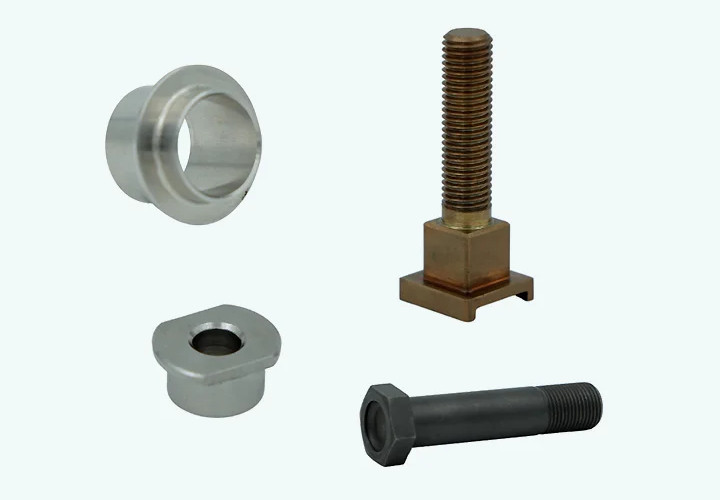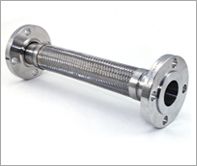Aircraft operations depend entirely on thousands of interconnected components working in perfect harmony under extraordinary stress. Each fastener represents a critical junction where engineering precision meets operational reality. The smallest failure can cascade into catastrophic consequences, making supplier selection absolutely vital for aerospace manufacturers and maintenance teams.
Choosing the right fasteners suppliers becomes a strategic decision that impacts every aspect of aircraft performance and safety protocols. Quality suppliers understand the demanding specifications required for aerospace applications, delivering components that meet stringent certification standards. Their expertise translates directly into reduced maintenance costs and enhanced operational reliability for aircraft operators.
Aerospace fasteners must perform flawlessly in environments that would destroy conventional hardware within minutes of exposure. These specialised components endure temperature extremes ranging from sub-zero conditions at altitude to intense heat near engine compartments. The metallurgical properties and manufacturing precision required demand suppliers with deep aerospace industry knowledge and proven track records.
Material Selection and Performance Standards
- Critical Material Properties: Modern aerospace applications require fasteners manufactured from advanced alloys that maintain structural integrity under extreme operational stresses. Titanium, inconel, and specialised steel variants provide the strength-to-weight ratios essential for aircraft efficiency. These materials resist corrosion whilst maintaining dimensional stability across temperature ranges that would compromise lesser alternatives.
- Certification Requirements: Aerospace fastener suppliers must navigate complex regulatory frameworks that govern every aspect of component manufacturing and testing. AS9100 certification represents the baseline quality management standard, yet leading suppliers exceed these requirements through additional testing protocols. Documentation traceability becomes crucial for maintenance schedules and regulatory compliance throughout aircraft operational lifespans.
Operational Impact and Safety Considerations
- Structural Integration Challenges: Aircraft designers rely on fastener suppliers to provide components that integrate seamlessly with composite materials and traditional metal structures. The interface between different materials creates unique stress patterns that require specialised fastener designs. Suppliers must understand these complex interactions to recommend appropriate solutions for specific applications and loading conditions.
- Maintenance Efficiency Factors: Quality fasteners reduce maintenance intervals and simplify inspection procedures, directly impacting aircraft availability and operational costs. Suppliers who provide comprehensive technical support help maintenance teams identify potential issues before they become safety concerns. This proactive approach minimises unexpected downtime and extends component service life significantly.
- Temperature resistance ensuring performance from -65°C to +650°C operational ranges
- Corrosion protection through advanced coating technologies and material selection
- Vibration resistance preventing loosening under constant operational stress cycles
- Weight optimisation reducing overall aircraft mass without compromising strength
- Installation efficiency simplifying maintenance procedures and reducing labour costs
Supply Chain Reliability and Quality Assurance
- Production Consistency Standards: Leading fastener suppliers maintain manufacturing processes that deliver identical performance characteristics across every batch produced. Statistical process control and advanced quality management systems ensure that dimensional tolerances remain within aerospace specifications. This consistency eliminates variability that could compromise aircraft safety or performance parameters.
- Technical Support Integration: Experienced suppliers provide engineering support that extends beyond simple component delivery to comprehensive application guidance. Their technical teams work directly with aircraft manufacturers and maintenance organisations to optimise fastener selection for specific applications. This collaboration often reveals opportunities for performance improvements and cost reductions through better component utilisation.
The relationship between aerospace performance and fastener supplier quality represents a fundamental aspect of aviation safety and operational excellence. Selecting suppliers who understand the unique demands of aerospace applications directly influences aircraft reliability, maintenance costs, and operational safety margins. Invest in partnerships with proven fastener specialists who demonstrate consistent quality, comprehensive technical support, and unwavering commitment to aerospace industry standards for optimal results.
Featured Image Source: https://sp-ao.shortpixel.ai/client/to_auto,q_glossy,ret_img/https://upsind.com/wp-content/uploads/2025/01/aerospace-components-upsind.jpg






